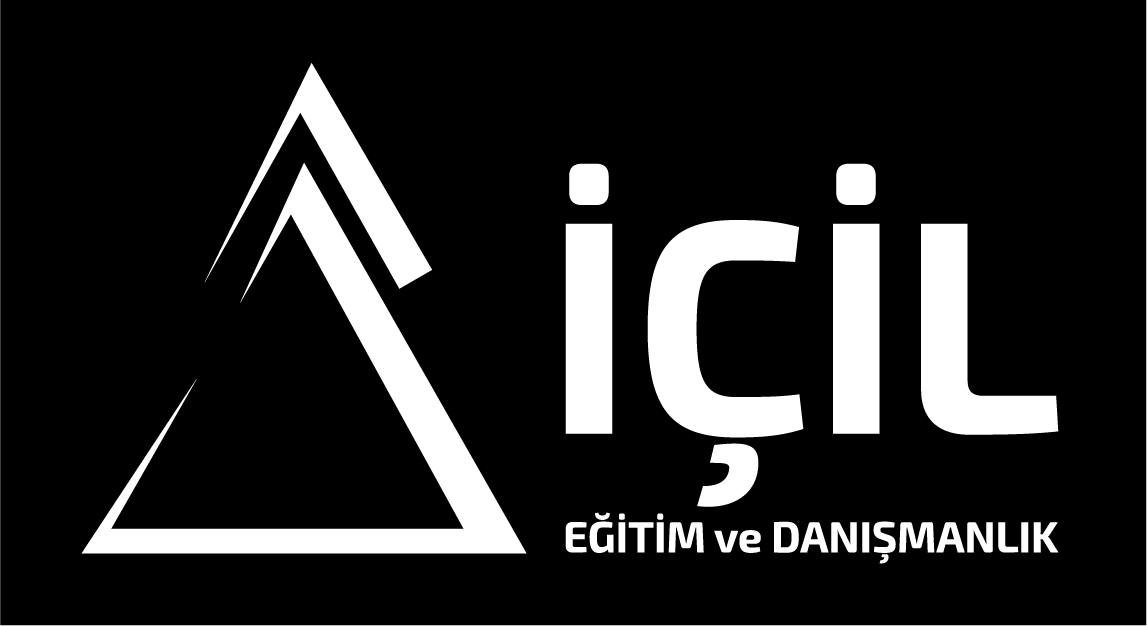Embracing Digital Transformation In The Health Sector
In today's rapidly evolving world, the digital transformation has touched every aspect of our lives, and the health sector is no exception. With advanced technologies and innovative solutions, healthcare providers are revolutionizing patient care. In article, we’ll explore the profound impact of digital transformation in the health sector, highlighting key areas where technology is driving positive change.
Enhanced Accessibility and Telemedicine
Digital transformation has paved the way for improved accessibility to healthcare services. Telemedicine, a prime example, has gained significant momentum in recent years. Through virtual consultations, patients can connect with healthcare professionals remotely, eliminating the need for physical visits. This approach not only saves time but also enhances access to healthcare, particularly for individuals residing in rural areas.
Electronic Health Records (EHR)
The adoption of Electronic Health Records (EHR) has transformed the way patient information is stored and shared. Digital records enable healthcare providers to access patients' medical history, medications, and diagnostic reports seamlessly. This not only enhances the accuracy and efficiency of diagnoses but also facilitates better coordination and continuity of care among different healthcare professionals involved in a patient's treatment.
Artificial Intelligence (AI) and Machine Learning (ML)
AI and ML technologies are revolutionizing various aspects of healthcare. From predictive analytics to early disease detection, these technologies analyze vast amounts of data to identify patterns and provide valuable insights. AI-powered algorithms can aid in diagnosing diseases more accurately, thereby improving patient outcomes. Additionally, ML algorithms can predict disease trends, allowing healthcare providers to allocate resources effectively and proactively address public health challenges.
Internet of Things (IoT) and Wearable Devices
The integration of IoT devices and wearable technology has created new avenues for monitoring and managing health conditions. Devices like smartwatches, fitness trackers, and health monitors collect real-time data, such as heart rate, sleep patterns, and physical activity. This data can be analyzed to provide personalized health recommendations and early warnings of potential health issues. IoT also enables remote patient monitoring, allowing healthcare professionals to track patients' conditions outside traditional healthcare settings.
Big Data Analytics
The healthcare industry generates a massive amount of data daily. Digital transformation has made it possible to collect, store, and analyze this data efficiently. Big data analytics can uncover hidden patterns, identify disease risk factors, and improve population health management. It also plays a crucial role in research and development, clinical trials, and personalized medicine. The insights gained from big data analytics empower healthcare providers to make evidence-based decisions and deliver more personalized care.
Digital transformation has revolutionized the health sector, reshaping the way patient care is delivered. From enhanced accessibility through telemedicine to the power of Artificial Intelligence and Machine Learning for accurate diagnoses, technology has improved healthcare outcomes and patient experiences. The integration of IoT and wearable devices, along with the utilization of big data analytics, has further expanded opportunities for proactive healthcare management and personalized medicine.
As we continue to embrace digital transformation in healthcare, it is crucial to ensure privacy, security, and interoperability of digital systems. Collaboration between healthcare providers, technology developers, and policymakers is vital to harness the full potential of digital innovations and create a sustainable, patient-centric healthcare ecosystem.
By leveraging the power of advanced technologies and innovative solutions, the health sector can drive positive change, improve patient outcomes, and build a healthier future for all.
Mustafa İÇİL

